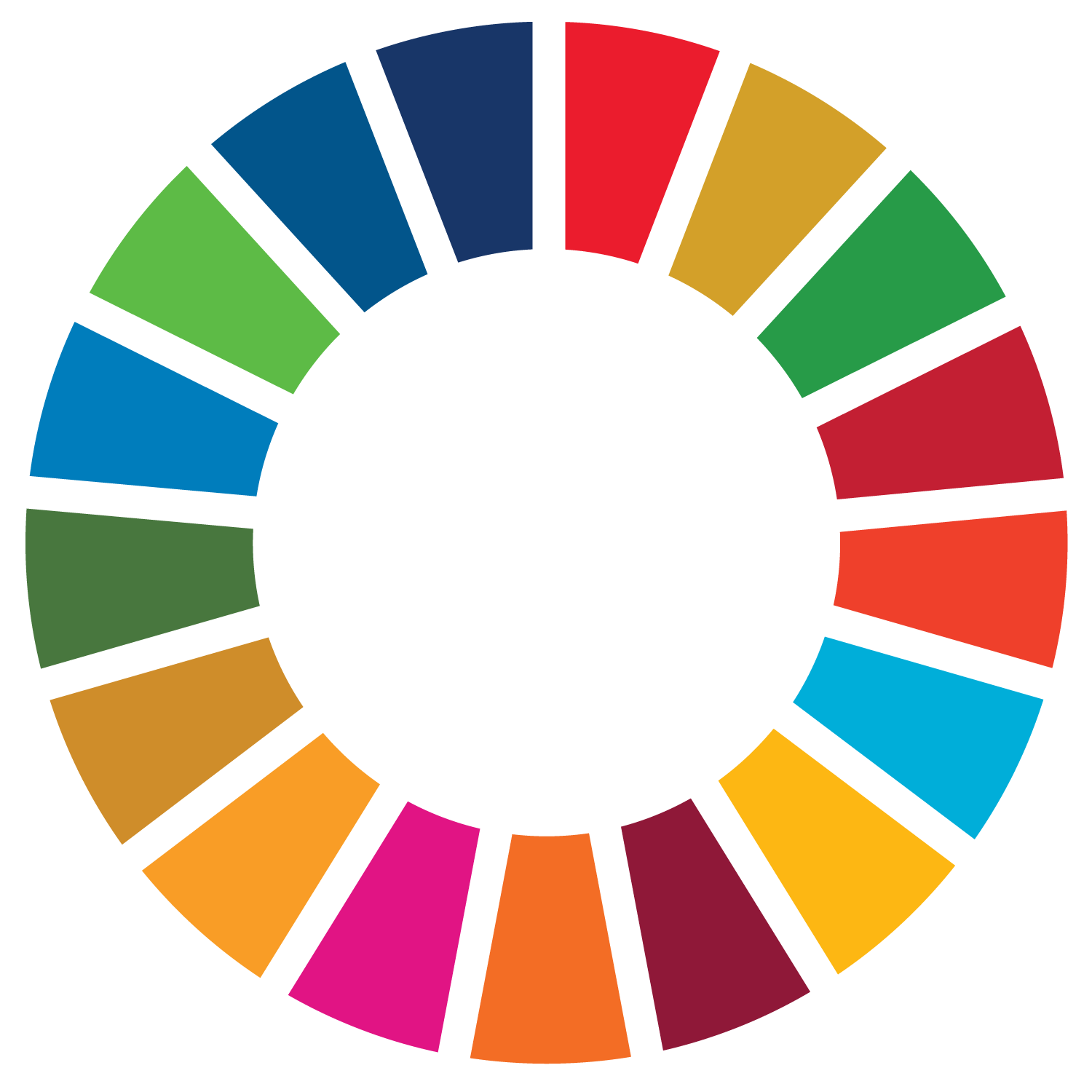Photo: WWD2022 website
World Wetlands Day is celebrated annually on February 2nd. It is an opportunity to acknowledge and celebrate the vital role of wetlands and their ecosystem services for people and nature alike.
Wetlands are unique ecosystems found in every climatic region of the Earth – from the Arctic regions to the tropics. Wetland ecosystems are formed where water accumulates near the surface, supporting development of unique flora and fauna. It has been estimated that more than 40% of the world’s natural capital can be attributed to wetlands, contributing to around USD 47 trillion per year in ecosystem services and providing livelihoods to around 1 billion people. Yet, increasing consumption, and, in particular, the growing demand for food and raw materials, places wetlands under increasing pressure.
The UNEP-DHI Centre is supporting UNEP’s work on wetland conservation and protection in making data on wetlands available to UN Member States, as part of the official UN system reporting on the Sustainable Development Goals (SDGs). Within SDG 6, target 6.6 specifically aims to protect and restore water-related ecosystems, including mountains, forests, wetlands, rivers, aquifers, and lakes. Monitoring progress on target 6.6 uses one global indicator, indicator 6.6.1, change in the extent of water-related ecosystems over time, which can provide the necessary data for countries to take action. The indicator monitors different types of water-related ecosystems including lakes, rivers, wetlands, groundwater and artificial water bodies such as reservoirs.
The Freshwater Ecosystems Explorer is a key tool supporting reporting on the global status and change of extent of wetlands. It is hosts the first global inventory of wetlands in high resolution and provides a free and easy-to-use geospatial platform and data products to help decision makers access national, sub-national, and basin level data on freshwater ecosystems.
These data products can also help countries improve their national monitoring and reporting information within global frameworks such as the the United Nations Framework Convention on Climate Change (on carbon accounting), the Convention on Biological Diversity (status of biodiversity) and the United Nations Convention to Combat Desertification (on change in wetlands and land degradation).
The Freshwater Ecosystems Explorer also tells the wetlands stories from across the globe. Among other things read about African wetlands and how the carbon stored in the Congo Basin wetlands is equivalent to the above-ground carbon stocks of the tropical forests of the entire Congo Basin. This is estimated to equal four years of global annual emissions, showing just how important our wetlands are in combating climate change.
For more information about the activities taking place to celebrate the wetlands, visit the World Wetlands Day website.
Share this post
UNEP-DHI Centre on Water and Environment
Agern Allé 5, 2970 Denmark
Tel: +45 45169200
